Ubiquitous marine organism has co-evolved with other microbes, promoting more complex ecosystems. Continue reading Tiny bacterium provides window into whole ecosystems
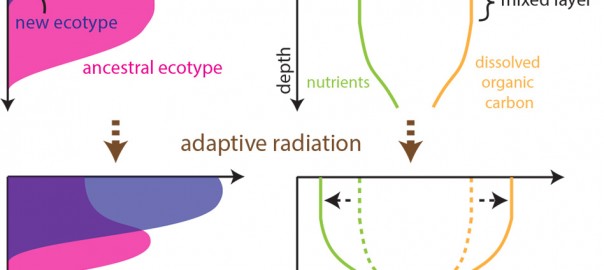

Ubiquitous marine organism has co-evolved with other microbes, promoting more complex ecosystems. Continue reading Tiny bacterium provides window into whole ecosystems
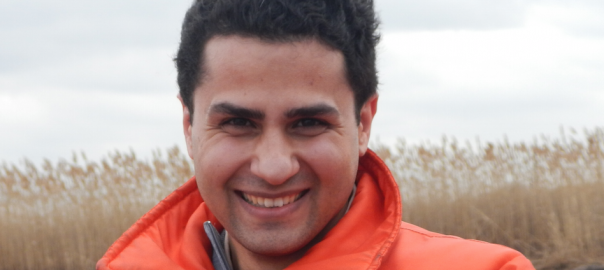
Aboozar Tabatabai joins the Darwin team from Rutgers University where he was working on hydrodynamic and biogeochemical modeling in estuarine environments to quantify nutrient fluxes for his PhD project with Dr. John Wilkin. Continue reading New Postdoc Aboozar Tabatabai
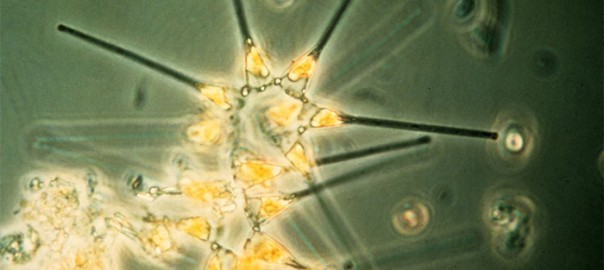
Read this post by Lauren Hinkel via Oceans@MIT
When it comes to climate change and the oceans, MIT Principal Research Scientist Stephanie Dutkiewicz weighs in on why it’s not just warming oceans we need to worry about. Plankton — that are crucial for carbon sequestration and oxygen production — have been discovered behaving strangely, but they may point the way to better geoengineering and understanding of trends in marine populations and ecology.
Dutkiewicz’s research examines how the physics and chemistry of the ocean determines phytoplankton biogeography, and how in turn those organisms affect their environment.
Read her comments in New Scientist.
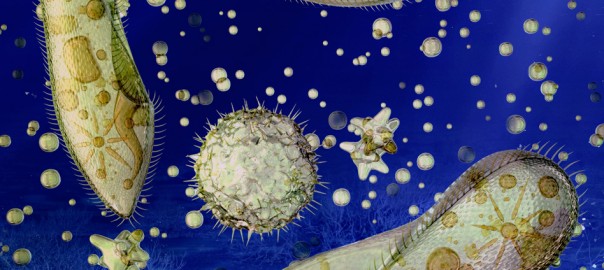
Graduate Student Emily Zakem and advisor Mick Follows find bacteria can survive in marine environments that are almost completely starved of oxygen. Continue reading New study sets oxygen-breathing limit for ocean’s hardiest organisms.
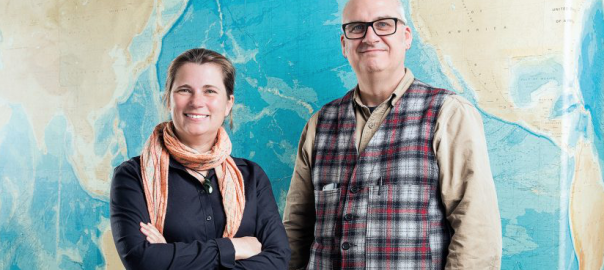
Modeling the diverse world of phytoplankton opens up a predictive view of our own. MIT’s Spectrum Magazine spotlight’s the Darwin Project. Continue reading Digital Ocean
Song, H., J. Marshall, M.J. Follows, S. Dutkiewicz, and G. Forget. Source waters for the highly productive Patagonian shelf in the southwestern Atlantic. Journal of Marine Systems – early online edition.
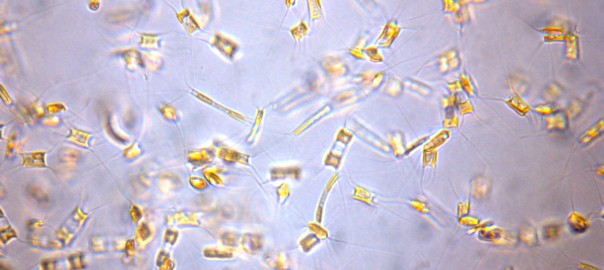
The elemental composition of organic matter is remarkably constant throughout the world’s oceans, but phytoplankton are known to take up nutrients and carbon in quite variable ratios depending on light and nutrient conditions.
In a paper published online in the journal Global Biogeochemical Cycles last month, Darwin Project researchers David Talmy (MIT), Christopher Hill (MIT), Anna Hickman (Univ. of Southampton, England), and Mick Follows (MIT), in a collaboration with Adam Martiny (Univ. of California, Irvine), report on their work seeking to understand what ecosystem factors could cause the elemental composition of organic matter to remain stable and relatively constant (homeostatic), even when the phytoplankton can have quite variable composition. Continue reading Keeping Things the Same
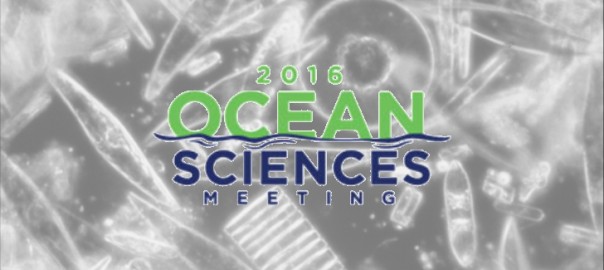
Look out for the Darwin team, sharing their work at this year’s Ocean Sciences conference taking place February 21-26 in New Orleans, Louisianna. Continue reading Darwin Goes to Ocean Sciences 2016
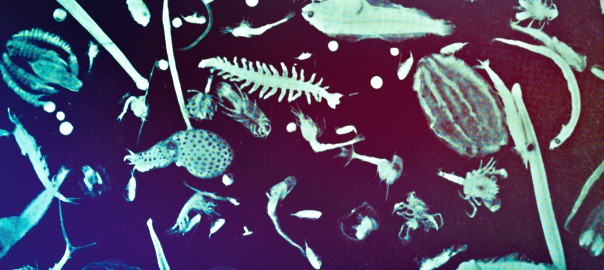
According to a new study from Darwin Project researchers Ben Ward and Mick Follows some tiny plankton may have big effect on ocean’s carbon storage. Continue reading Living a “Mixotrophic” Lifestyle
Ben A. Ward and Michael J. Follows (2016), Marine Mizotrophy Increases Trophic Transfer Efficiency, Mean Organism Size, and Vertical Carbon Flux, PNAS – early online edition.